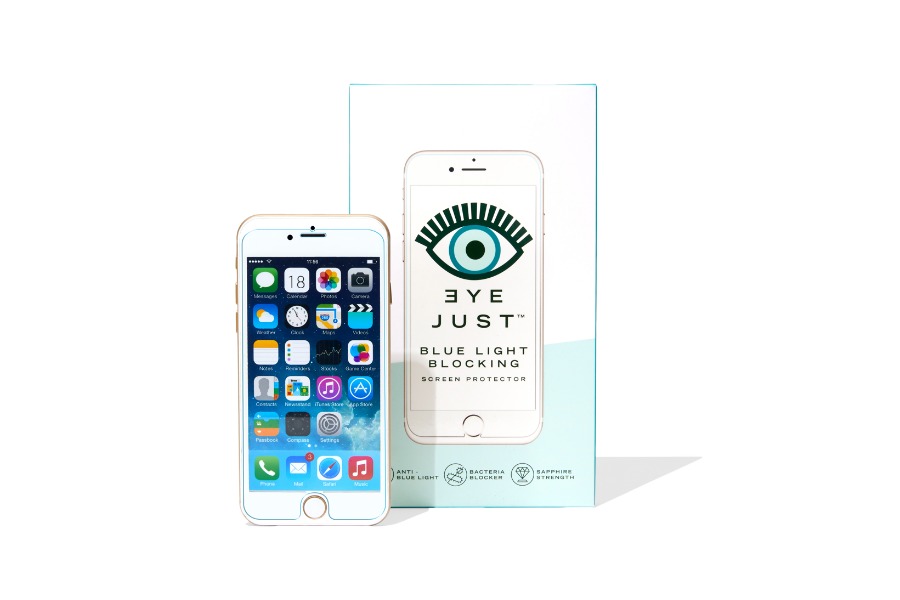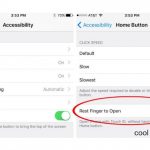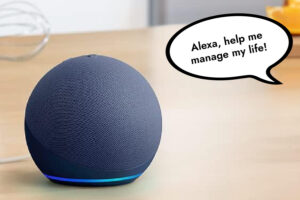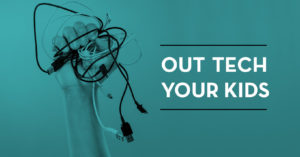Every now and then I’ll spot a fantastic article shared by one of my Facebook friends, only to discover it was written a few years ago. Womp, womp. But in a few cases, like this Vice article about what screens are doing to our eyes (and our kids’ eyes), there’s still timely information that parents should really know.
Related: Why your kids need blue light blocking glasses
I learned firsthand what screens where doing to my kids’ eyes when my two younger girls needed reading glasses. While their prescription was not exactly screen related, the optometrist said that she’s seeing more and more kids needing those type of glasses – worn only when reading or on screens. As adults, it’s a little easier for us to compensate, but for kids, they’re getting eye fatigue a whole lot easier, not to mention difficulty focusing. If you’re wondering how much kids are on screens, well between school and their on devices and television and video gaming… it’s a lot.
And if you’re like me and work on screens pretty much all day long, it’s important to understand what effects that time is having on our eyes, and what we can do about it.

I’m certainly not here to judge, but rather, give you a simple exercise called the “20-20-20 rule” that can really help. I’d also suggest investing in a blue light blocking screen protector and some blue light blocking glasses as well.
Basically, if you’re working on screens for an extended period of time, you will want to set a timer to remind you take a break every 20 minutes, and look 20 feet away for 20 seconds. This can help ease any fatigue or focus issues you’re having, and better, prevent you from having them (or more) in the future.
It’s easy to get sucked in to your work or the latest episode of Schitt’s Creek, so I suggest setting a timer when you start a task, so that you have a built-in reminder to take a break.
Photo: amin khorsand on Unsplash







Set a timer to go off every 20 seconds?! I’m sure my coworkers would love that. I’m pretty sure it’s 20 minutes. 🙂
Thank you for the tip! This is definitely an important topic nowadays, I’ve read the research from Harvard University that stated that our kids spend on average six and a half hours DAILY using devices with blue light such as tablets, PC’s or smartphones and this is the exact “critical” amount that shifts your melatonin levels. This is absolutely crazy to think! Obviously a lot of parents work in offices so that’s 8 hours for us as well. I’m using a similar practice to what you describe and it helps me immensely! Also, I try my best to take at least a few minute breaks every hour to walk/stretch, it is also very important. If you’re interested you can read the study at Harvard’s official website -https://www.health.harvard.edu/staying-healthy/blue-light-has-a-dark-side